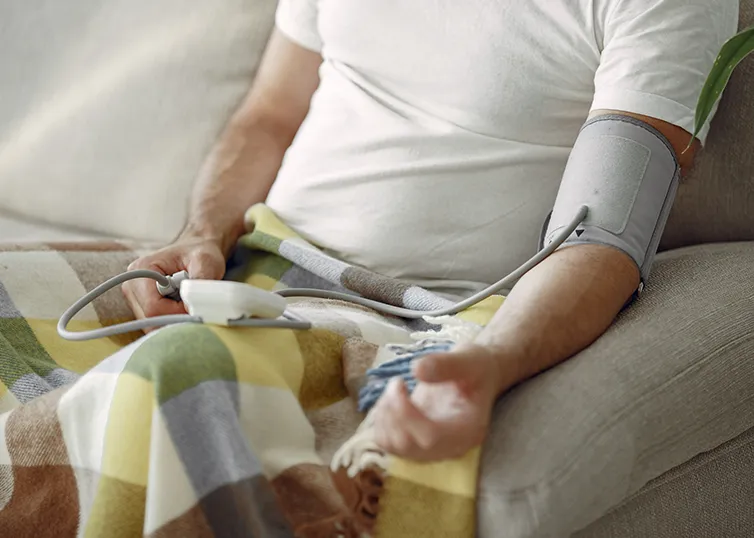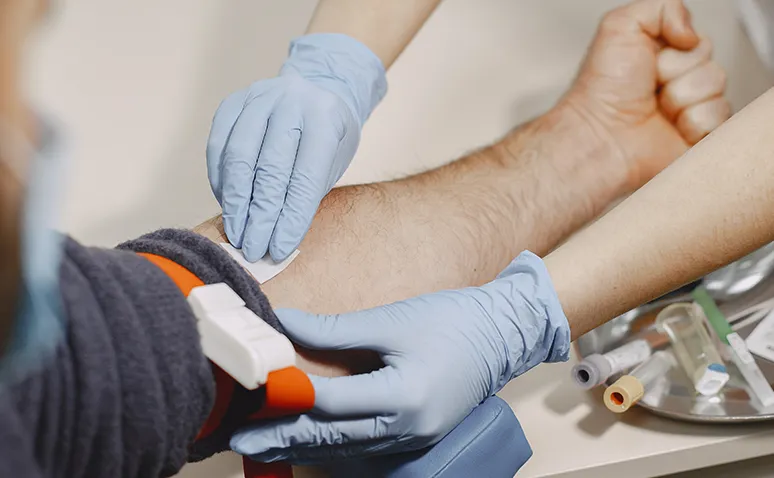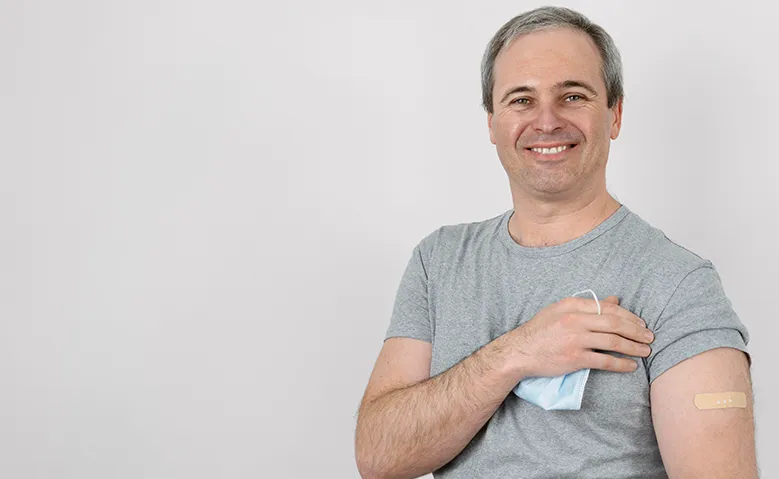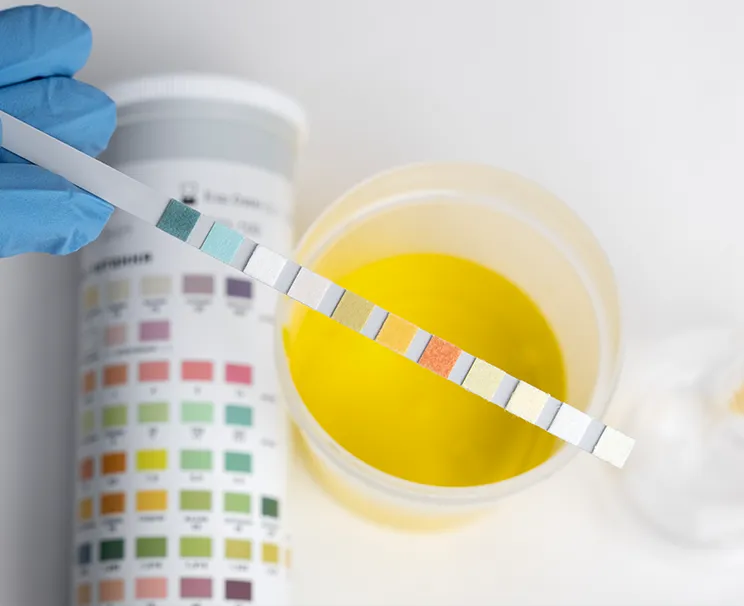What is Hypertension? Hypertension is a condition where blood pressure remains consistently above normal levels for an extended period. This condition forces the heart and blood vessels to work harder, potentially leading to serious health problems over time. Also known as high blood pressure, this condition can progress without showing noticeable symptoms.
What is Hypertension? Hypertension is directly related to heart and vascular issues. Blood pressure is determined by the amount of blood the heart pumps and the resistance of the arteries to blood flow. High blood pressure can result from both genetic factors and lifestyle habits, but it can be controlled with proper management and treatment.
Symptoms of Hypertension
High blood pressure may present symptoms such as headaches, shortness of breath, and nosebleeds in some individuals. These symptoms become more pronounced when blood pressure reaches very high levels. Pulmonary hypertension, on the other hand, is the elevation of blood pressure in the arteries of the lungs and comes with more specific symptoms. In this case, individuals may experience shortness of breath, fatigue, dizziness, and chest pain. These symptoms can worsen as pulmonary arterial pressure increases.
Common symptoms of high blood pressure include:

These symptoms may not always be a direct sign of high blood pressure. However, individuals experiencing these symptoms should consult a healthcare professional. Early detection of hypertension is crucial to prevent more serious health issues.
If not controlled, high blood pressure can lead to severe health problems such as heart attacks, strokes, and kidney failure. Therefore, regular health check-ups and paying attention to symptoms are critical for maintaining a healthy life.
What Should Individuals with Hypertension Do?
For individuals with hypertension to lead a healthy life, there are several important points to consider. Firstly, regularly measuring blood pressure and attending health check-ups are essential. It is also crucial to take medications as prescribed by a healthcare professional to keep blood pressure under control.
Dietary habits play a significant role in managing hypertension. Reducing salt intake, consuming a diet rich in fruits and vegetables, and avoiding processed foods can help control high blood pressure. Additionally, limiting alcohol and caffeine consumption can contribute to lowering blood pressure.

Physical activity is an effective method to control hypertension. Engaging in at least 150 minutes of moderate exercise per week supports heart health and helps lower blood pressure.
Stress management is also important in controlling high blood pressure. Techniques such as yoga, meditation, and deep breathing exercises can reduce stress. Moreover, maintaining a quality sleep routine and ensuring proper rest can help decrease stress and balance blood pressure.
These lifestyle changes can help individuals with high blood pressure keep their condition under control and prevent serious health problems. Following medical advice and incorporating these recommendations into daily routines is crucial for living a healthy life.










